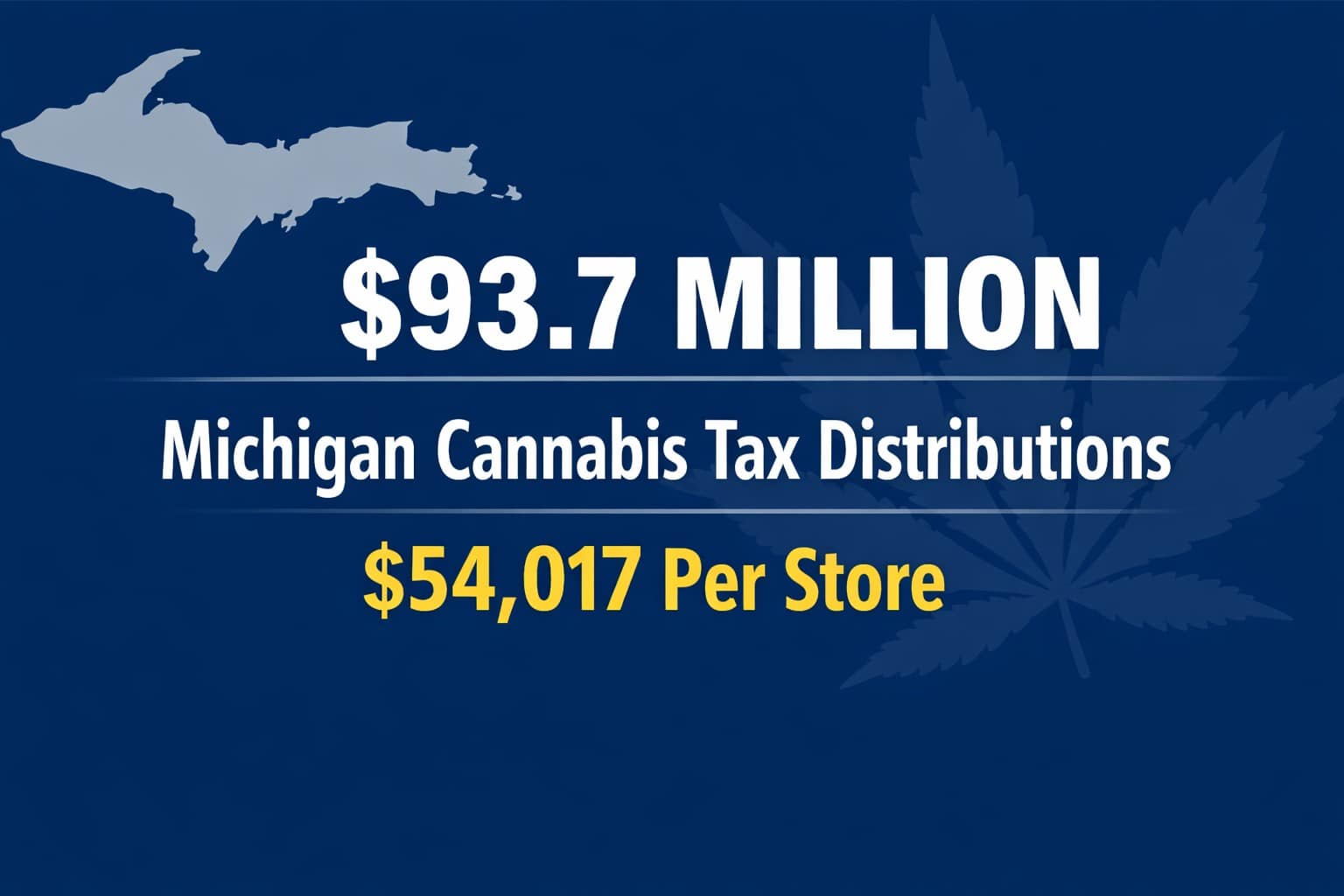LANSING- Consumer outrage over an anti-cannabis campaign has seemingly forced its removal from social media outlets.
The Michigan Department of Health and Human Services (HHS) produced a series of six videos which, according to a spokesperson, were intended to discourage youth use of cannabis. Released in December, the video campaign was recently discovered by cannabis activists and was immediately attacked on social media- and then, attacked in mainstream media.
“Ads trying to target high school students with a message about staying away from cannabis can be totally fine… But these videos aren’t so clear about the target audience, and they use some inappropriate and well-disproven tropes about cannabis.”
Rick Thompson, Lansing City Pulse
The videos feature a young man playing a console-style video game, mouth agape and eyes squinted. His future self pops into being and exclaims, “High again?” The future self begins berating the young man, telling him in various videos that he will be jobless, broke, without friends, without direction and significantly overweight- all because of cannabis use.

The HHS issued a public statement in response to the backlash. ““The Michigan Department of Health and Human Services launched a campaign about the well-documented harmful effects of youth use of marijuana in December 2019. It is directed at ages 14-21 and is slated to run on social media, popular online video and audio channels and video streaming services,” it read in part.
The selection of actors is questionable. Per the Lansing City Pulse, “…it’s not always clear what age range the ads are targeting. Some of them don’t mention any age-specific connections to marijuana consumption at all… And the bearded “high schooler” in the video hardly appears to be teenaged — instead in his early to mid-20s.”
The series of videos included two 30-second videos and four 15-second versions, all of which carried unique dialog. The video project was paid for through a grant from the United Stated National Institute on Drug Abuse (NIDA), per the Detroit Free Press. The videos “tested well with focus groups,” the HHS spokesperson told the City Pulse.
On January 16 the Facebook and Instagram accounts of several noted activists began featuring the videos, which drew negative commentary from the state’s cannabis community. On January 17th mainstream media from at least six news outlets published stories about the cannabis community’s backlash over the videos. In addition to the comments from well-known personalities, the source article included quotes from the social media comments from angry cannabis users across the state.
Social media comments featured in the City Pulse article include, “This is disgusting,” and “This does nothing but harm patients.” National media outlets pounced on the story, including the New York Daily News.
On January 18, HHS changed the viewing status of five videos from public to private- making them unavailable for viewing. The Lansing City Pulse and Detroit News report that HHS intended the campaign to continue through mid-April, making its removal a victory of sorts for cannabis use advocates.
Tim Beck, whose cannabis law reform activities predate the medical marijuana ballot proposal from 2008, was quoted in the Detroit Free Press with, “It’s an insult to us… It just keeps this idea that ‘you’re just a stoner and a loser’ on a subconscious level.”
Executive Director of the Michigan Cannabis Industry Association, Robin Schneider, was quoted on Channel 4/Click On Detroit. “I really think we need to be careful when using examples that we don’t make kids feel bad for being overweight… This is serious and we need to work together to protect our youth, but this is just not the way to go about doing it and it was done in very poor taste,” she said.
Noted Lansing criminal defense attorney Joshua Covert of Covert Law was featured in a video interview on television station WILX. “I think it is a good thing to teach kids about cannabis and marijuana. It’s not something they should be using as teens… It seems to just perpetuate the stereotypes that aren’t true about marijuana or cannabis users,” he told the television station.
The characterization of all cannabis users as dropouts and losers fell flat on Covert. The same message from the government, broadcast decades ago, failed to frighten away a younger version of himself. “They lost me right then and there because I knew my parents weren’t dopers and losers,” Covert told WILX. “At that point, I didn’t listen to a lot of those things about cannabis because I knew I was being lied to, and I think they are putting kids in the same position nowadays… It’s an adult substance, you can still get in trouble if you do use it, those types of things are great to teach the kids.”
Jeff Hank, former director of both MILegalize 2016 and 2018, told the Detroit News, “Substance abuse is a serious issue and money would be better spent on methodology that actually works… Some of our greatest contributors to society like genius Elon Musk or scientist Neil deGrasse Tyson, Olympians like Usain Bolt and Michael Phelps, all use cannabis responsibly. Too bad our tax dollars aren’t more responsibly spent.”
Other quotations of note:
“If you’re saying these sorts of things to high school kids, that’s one thing… That makes some sense. But if this message is intended for adults and is somehow trying to be a disincentive for adult use, that seems horribly contradictory when another state-level department is actively working to develop this industry.”
Rick Thompson, Lansing City Pulse
“What we are talking about is an inconsistent message coming from the state of Michigan.”
Rick Thompson, Detroit News
“Just do it in a more thoughtful way… When you use these broad stereotypes that go back to the age of reefer madness, it just doesn’t work.”
Tim Beck, Detroit Free Press
“The most insulting part of the ad is what it says about body image, said Schneider, who leads the cannabis industry association and is a mother of four teenagers. Most people who use marijuana are health conscious, and many choose to use marijuana instead of alcohol, she said.”
“Trying to discourage youth from using cannabis is a noble one, in fact we’ve excluded youth from the adult use of cannabis when the law was passed… We need to communicate with our citizens honestly, not using 1950 trokes (sic) that demonize people who use cannabis. ”
Rick Thompson, WILX







[…] Source link […]
[…] H/T: MI TECH NEWS […]
[…] Source link […]
[…] Source link […]